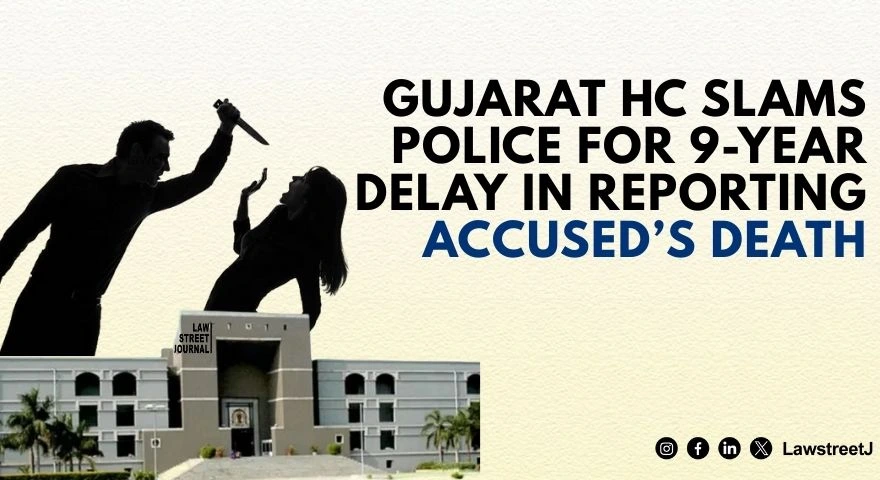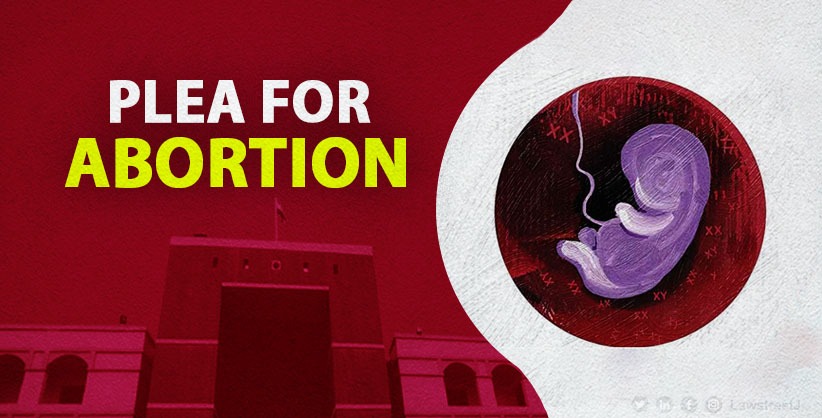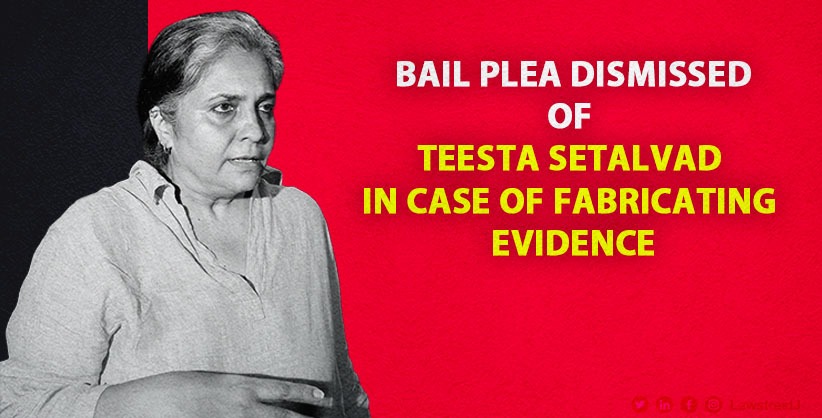Gujarat: The Gujarat High Court has strongly criticized the state police for their “serious negligence” in failing to inform the court about the death of an accused person for nearly nine years, resulting in the court unknowingly convicting a deceased man and wasting valuable judicial time.
Justice Cheekati Manavendranath Roy, along with Justice D.M. Vyas, made these observations on July 28, 2025, in Criminal Appeal No. 1248 of 2013, filed by the State of Gujarat against Raijibhai Fulabhai Sodha.
The shocking revelation came to light when the court had scheduled a hearing to determine the quantum of sentence after convicting the accused on July 11, 2025, following the State’s appeal against his earlier acquittal. The accused had been found guilty, but was absent during the judgment, prompting the court to issue a non-bailable warrant to secure his presence for sentencing.
However, when the matter came up for hearing, Additional Public Prosecutor Ms. Krina Calla informed the court that the accused had actually died on September 21, 2016 — nearly nine years earlier. She produced a death certificate and a police report from Mahemdabad Police Station to support her submission.
Justice Roy expressed the court’s “utter surprise” at this development and severely criticized the systemic failure. “We very seriously deprecate the said negligence on the part of the concerned police in not informing the factum of death of the accused to the office of the PP of the High Court and also to the present APP even when the matter was taken up for final hearing,” the court observed.
The court noted the absurdity of the situation, stating: “Therefore, both the concerned police and the office of the PP made the Court hear the matter in a case where the accused had passed away long back. When he died on 21.09.2016 itself, in an appeal preferred in the year 2013, since he was the sole accused in the case, the appeal stood abated against him at the time of death itself.”
The court also highlighted that this negligence persisted for nine years, with neither the police nor the Public Prosecutor’s office bringing the accused’s death to the court’s notice. “But for a period of nine years, both the police and the office of the PP did not bring the said factum of death of the accused to the notice of the Court,” the bench noted.
The bench further observed that this was a fit case for “appropriate action” against the concerned police officials: “It is the negligence of the police which made the Court pass a judgment in a case where the accused had passed away. It is a fit case where appropriate action is to be taken against the concerned police for their negligence in discharging their duties.”
The court directed both the Public Prosecutor and the Additional Public Prosecutor to report the police negligence to the Superintendent of Police, Kheda District, for appropriate action against the officials who failed in their duties.
It also criticized the lack of coordination between the police and the Public Prosecutor’s office, observing: “It shows that there is a lack of proper coordination between the police and the office of the PP.” The court emphasized that the Public Prosecutor’s office also has a responsibility to verify the availability of accused persons in old appeals before commencing final hearing arguments.
Addressing the legal consequences, the bench relied on the Supreme Court precedent in S vs. Sunilkumar and Another (2016), which held that when the death of an accused is not brought to the court’s notice during appeal hearings, any judgment convicting the accused “will have no effect and it has to be recalled.”
Following this legal principle, the Gujarat High Court recalled its July 11, 2025 judgment that had allowed the State’s appeal and convicted the accused. “Therefore, in view of the dictum laid down by the Apex Court in the above reported judgment, the judgment dated 11.07.2025 allowing the appeal of the State and convicting the accused will have no effect, and the said judgment is hereby recalled and the appeal is disposed of as abated,” Justice Roy ordered.
The court emphasized the broader implications of such negligence, noting that it causes “much inconvenience to the Court, wastes judicial time, and results in the Court passing a judgment in a case where the appeal stood abated.”
Case Title: State of Gujarat vs. Raijibhai Fulabhai Sodha



.jpg)
![Gujarat High Court Denies Bail to Man for Obscene Comments on PM and Late Mother [Read Order]](/secure/uploads/2023/06/lj_1661_9baa7d8a-0faf-4761-b395-81c631cd129f.jpg)








